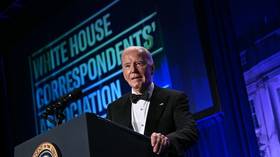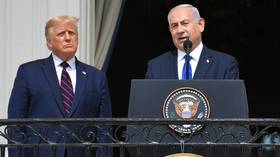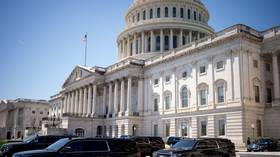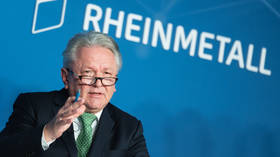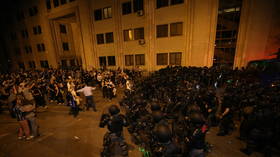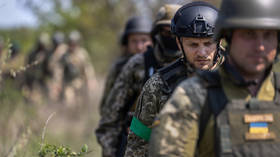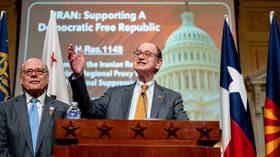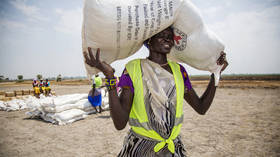Denmark debates Islamiс integration after embassy attack
A debate is raging in Denmark over the role of Muslims in their society following last week’s suicide bomb attack near the country’s embassy in Pakistan. Six people were killed in the blast.
Denmark has been a focal point of Western-Islamic tension since cartoons of the Prophet Mohammed appeared in newspapers three years ago. The controversy heightened the debate over how much Muslim communities should try to integrate into the western societies they choose to live in.
In the Danish parliament the far-right People’s Party has been gaining support, sparking fierce criticism from liberal neighbours Norway and Sweden.
The party’s leader, Pia Kjaersgaard, said: “If the Swedes want to turn Stockholm, Gothenburg or Malmo into a Scandinavian Beirut, with clan wars, honour killings and gang rapes, let them do it”.
Denmark’s Muslims are now reevaluating their position in Danish society. Some seek integration at the cost of their religious identity, while others want Sharia law to become part of the social order.
Denmark is a country with only five million people and a very strong national identity. But it also has a relatively open door policy in allowing in foreign refugees. Danish politician Naser Khader, a Syrian-born Muslim, believes that makes it important for newcomers to adapt.
He said: “I think it’s very necessary to be integrated in this society. You have to learn the language. You have to give your children the opportunity to be part of the society. In my opinion, you can be Muslim and Danish at the same time.”
But Khader fears for his life. He lives under constant guard after a number of death threats.
Imam Mustafa Chendid, a cleric at the heart of the cartoons row, has his own view on how Muslim immigrants and refugees are affected by the foreign lands they settle in.
“Some of them have side effects. Some people get more extremist, they go completely to the left side. But some people like us are trying to say, ‘just keep your identity. You’re Muslim. You can keep your hijab, if you want. This is your life, but be positive,’” he said.
Chendid is keen to paint the Muslim community in a positive light. He has a difficult job, bringing together Muslims from places like Somalia and Bosnia – places ravaged by years of war and famine and hotbeds of extremism.
And for a country like Denmark, that continues to enjoy peace and prosperity, finding the right way to connect with its Muslim population remains a significant challenge.


